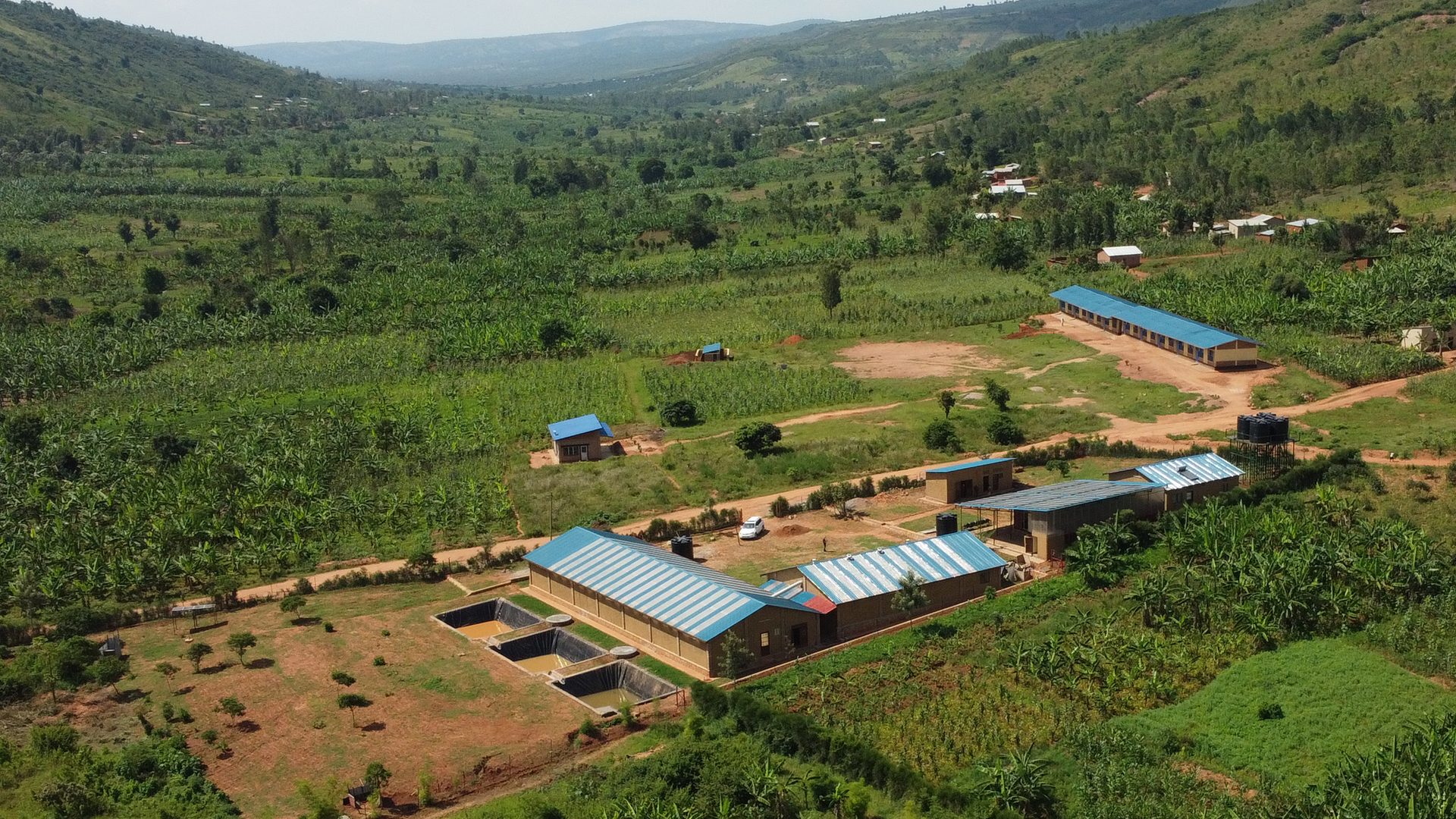A regional approach for aquaculture development in East Africa
- Region:Rwanda
- Sector: Aquaculture
- Duration: 2020-2024
- 12 Project partners
- Public-private partnership co-financed by the Dutch government
FoodTechAfrica Rwanda is an Impact Cluster that introduced an innovative, recirculation-based demonstration fish farm for tilapia, featuring a hatchery, nursery and grow-out facilities run on solar energy. The farm utilizes fish effluent water to fertilize vegetable cultivation, promoting regenerative agriculture without chemical fertilizers. By producing hormone-free tilapia using YY genetics, it provides affordable, nutritious protein while minimizing environmental impact. Beyond fish farming, Gishanda empowers local communities by connecting villages to electricity, improving access to clean water, and offering tools for self-sufficient catfish farming. Female leadership at the farm supports professional development and stable livelihoods. Additionally, the farm started a restocking program for lakes and dams around the Akagera National Park. The land-based Recirculating Aquaculture System (RAS) has proven to deliver higher fish yields at lower costs while being market-adjacent. This groundbreaking model demonstrates sustainable fish farming practices and offers transformative potential for Rwanda’s aquaculture sector.
This projects has succeeded in:
- Establishing a commercially viable demo farm in East-Rwanda, producing fish locally for the local market.
- Demonstrating best practices: Introduce, demonstrate and train best farming practices within the country.
- Transfering expertise and capacity building: build a team of highly trained staff that are able to run the farm from scratch.
- Developing the value chain: develop the local value chain of Rwanda and position Dutch technology and expertise.
Project activities included:
- Ensuring the project is executed and the envisioned results are obtained within the allocated budgets and timeframe.
- Studies: Market study, technical design and business case, biodiversity study, access to finance study
- Establish a fully integrated demonstration RAS fish farm.
- Professional training and employment for local workers, especially women.
- Free supply of fingerlings to restock local lakes and dams.
- Connection of neighbouring villages to electricity and clean water access.



